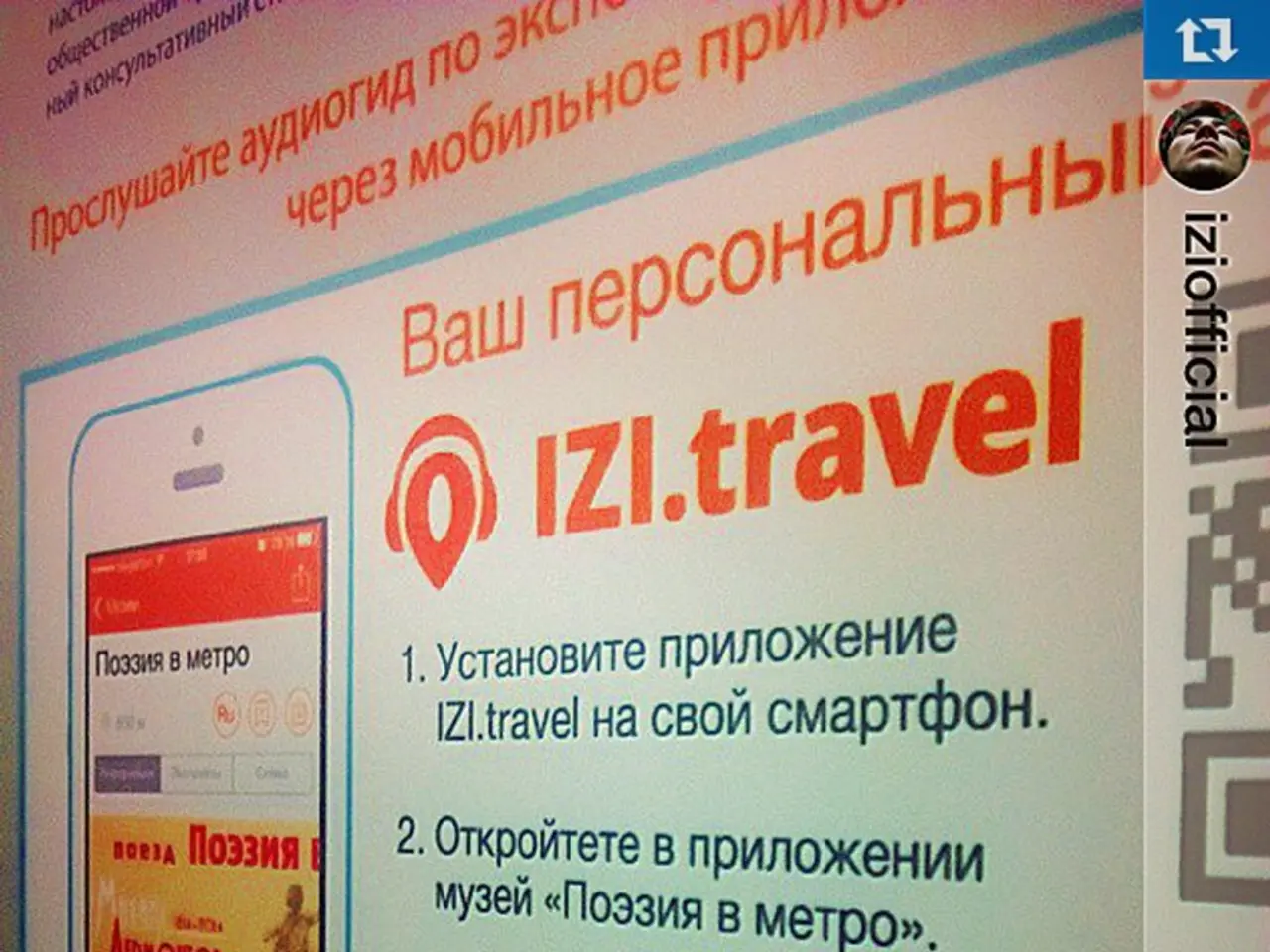You Can't Fool 'Em: The Federal Court of Justice Tackles Deceptive Advertising Price Discounts
- Netto, infamous for its sneaky price shenanigans, had the gumption to peddle a coffee product in a brochure, boasting a seemingly impressive 36% reduction. The current price (€4.44) and the price from the previous week (€6.99) were there for all eyes to see, but the real kicker? Consumers had to squint at the fine print to find out that the product had cost €4.44 within the last 30 days.
Court of Justice Evaluates Controversial Advertising Pricing Strategy - Ruling Made by Primary Court
The Federal Court of Justice (BGH) is delving into the murky waters of deceptive advertising today (10:00 AM), focusing on the nitty-gritty of companies slashing prices and tricking consumers. The lawsuit in question involves budget supermarket chain, Netto Marken-Discount - certainly not to be mistaken for the dog-emblazoned chain, Netto, sweeping across Northern and Eastern Germany.
The European Court of Justice has weighed in on the reference price
According to the Price Indication Ordinance, retailers pulling off price discount wizardry must also lay bare the lowest price charged for the product within the past 30 days. But, of course, the question has been lingering: how exactly should this so-called reference price be presented? Is a footnote enough?
In September, the European Court of Justice dropped the hammer declaring that advertising statements like "Price Highlight" must eternally refer to the lowest price within the preceding 30 days, and price slashes must be calculated using this. Alas, the BGH's verdict on the Karlsruhe proceedings against Netto remains a tantalizing mystery (Case No. I ZR 183/24).
- Federal Court of Justice
- Deception & Truthfulness
- Netto
- Advertising
- Discount Scams
- Netto Marken-Discount
- Eastern Germany
The German legal system, under the watchful eye of the Federal Court of Justice (Bundesgerichtshof), imposes stringent requirements when it comes to price reduction ads. Generally speaking, advertisers must:
- Openly disclose the original price and the reduced price.
- Prove that the original price was actually charged for an adequate period before the discount ensued.
- Swear off any deceptive or misleading tactics when promoting the discount's extent and nature.
But without specifics from the Netto Marken-Discount case ruling, it's a mystery what the exact standards mandated by the court entail. If you truly crave precise legal criteria from this specific case, consulting the published ruling or legal commentary closely related to the BGH's decision on Netto Marken-Discount's deceptive discount ads would be the way to go. Unfortunately, such details ain't included in the current search results.
The Federal Court of Justice (Bundesgerichtshof) has set strict guidelines for price reduction advertisements in Germany, emphasizing transparency and honesty. These guidelines require retailers to disclose the original price and discounted price clearly, prove that the original price was charged for a sufficient period before the discount, and avoid deceptive or misleading strategies when advertising the discount.
To minimize deceptive practices in advertising, it is crucial for companies like Netto Marken-Discount to adhere to the community policy and business ethics, ensuring employment policy aligned with truthfulness and transparency, and providing vocational training programs to staff members that emphasize ethical advertising practices.




